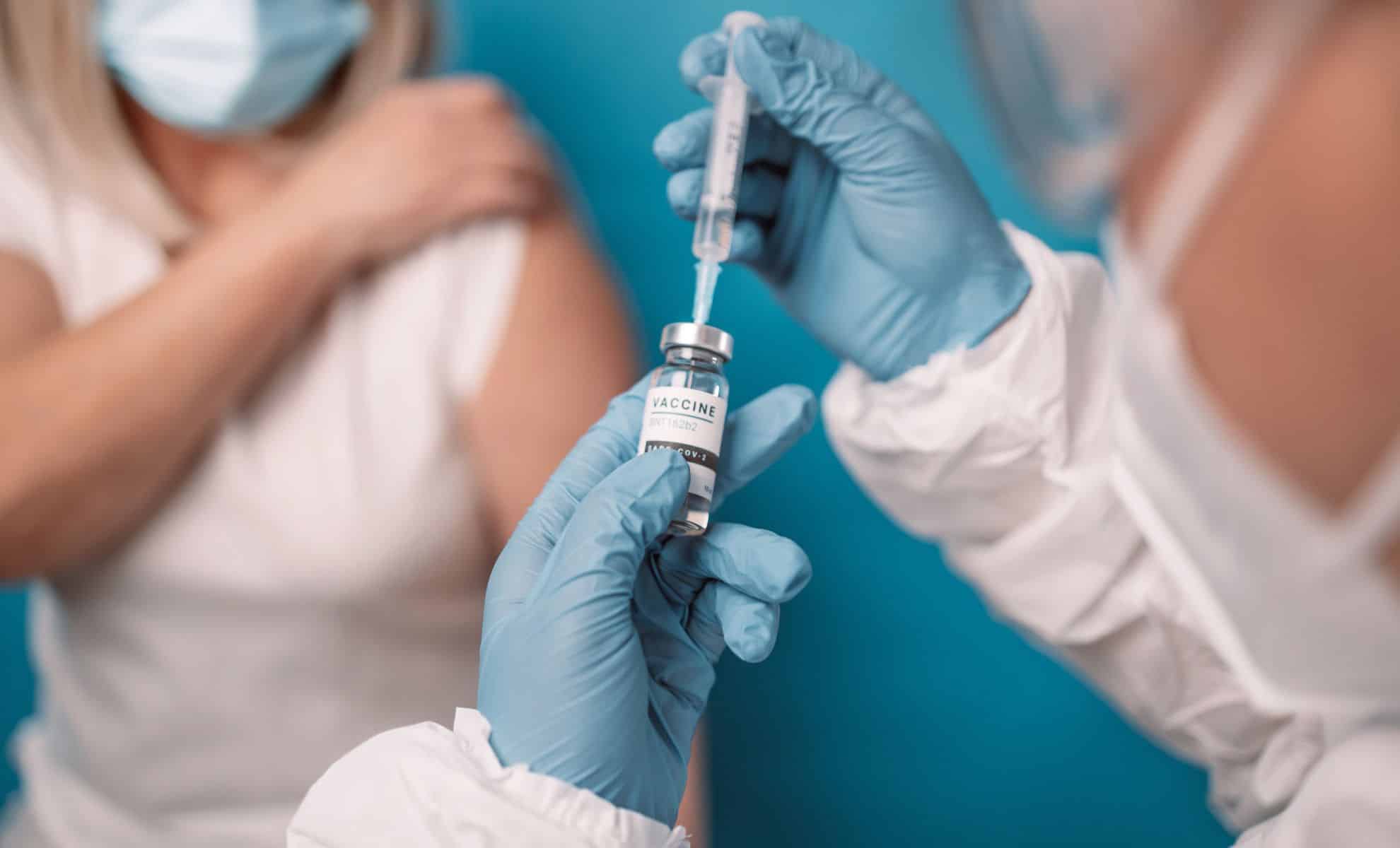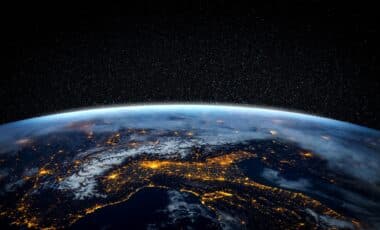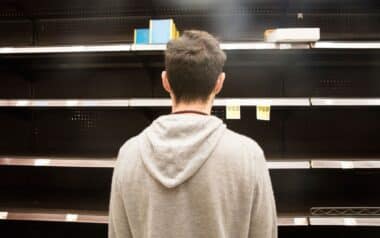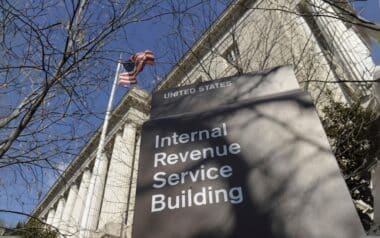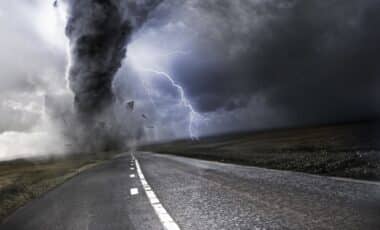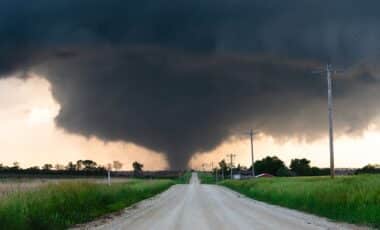9 Million Borrowers at Risk: Why Your Student Loan Forgiveness Could Disappear
Millions of borrowers who’ve met the requirements for student loan forgiveness now face unexpected delays—and risk losing eligibility entirely. What’s…
Timeline
Join our social media
For even more exclusive content!
Economy

Newsletter

